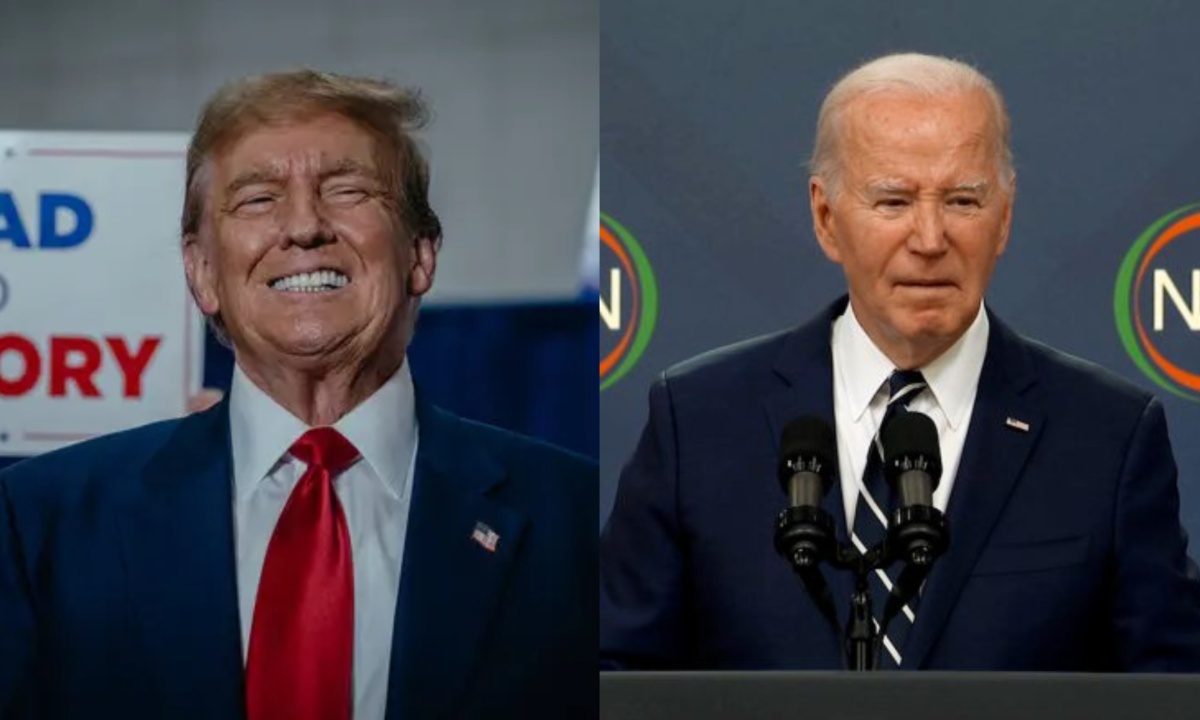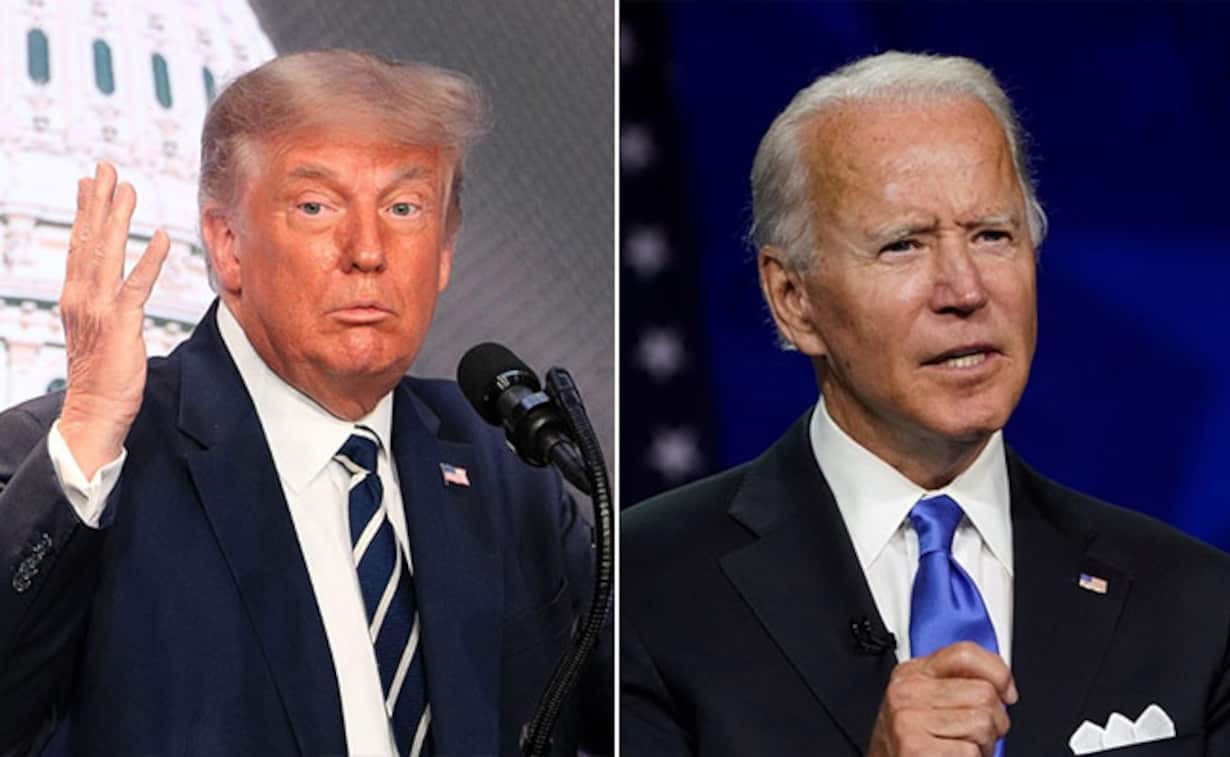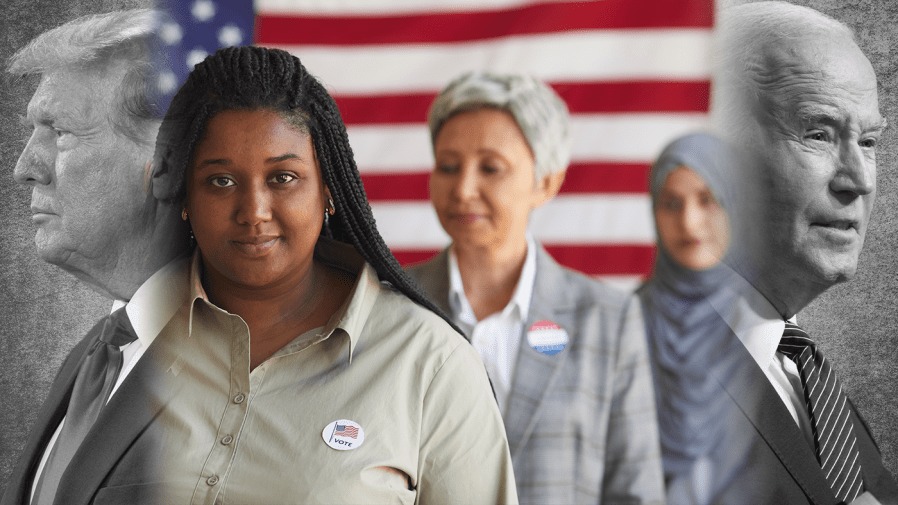As President Biden and former President Trump vie for the 2024 presidency, both are keenly focused on a critical demographic: suburban women voters.
However, the conventional image of the “soccer mom”—a white, college-educated, married woman with children—no longer adequately represents the diverse and evolving suburban electorate.
Suburban areas across the United States have become increasingly diverse in terms of race, ethnicity, and socioeconomic status. Bill Frey, a demographer at the Brookings Institution, points out that the demographics of the suburbs have shifted dramatically since the 1990s.

Trump and Biden (Credits: CNN)
Today, nearly half of suburban residents around major metro areas are people of color, up from about two in ten in 1990. This changing demographic landscape suggests that the strategies for engaging suburban women need to be more nuanced and inclusive.
The stereotype of the suburban woman as primarily a mother focused on childcare and local schooling is outdated. Suburbs now include a broader array of residents, including single women, older adults, and people from various racial and ethnic backgrounds, each with distinct concerns and priorities.
For instance, while younger suburban women might focus on issues like education and healthcare, older women are more concerned with retirement security and social services.

Trump and Biden (Credits: NDTV)
The “soccer mom” label can be misleading and overly simplistic. It often overlooks the important contributions of women who are not mothers or who don’t fit the traditional mold. Suburban women are not a monolith; they are a diverse group with a wide range of interests, professions, and backgrounds.
Political candidates need to recognize and address the complex realities of suburban life. They should engage with suburban women on a variety of issues, from the economy and public safety to healthcare and civil rights, rather than assuming their primary concerns are related to motherhood or family life.
The evolving demographics of the suburbs require a more sophisticated approach to political engagement. By acknowledging the rich diversity of suburban communities, politicians can better address the unique needs and interests of all suburban voters, not just those who fit outdated stereotypes.























